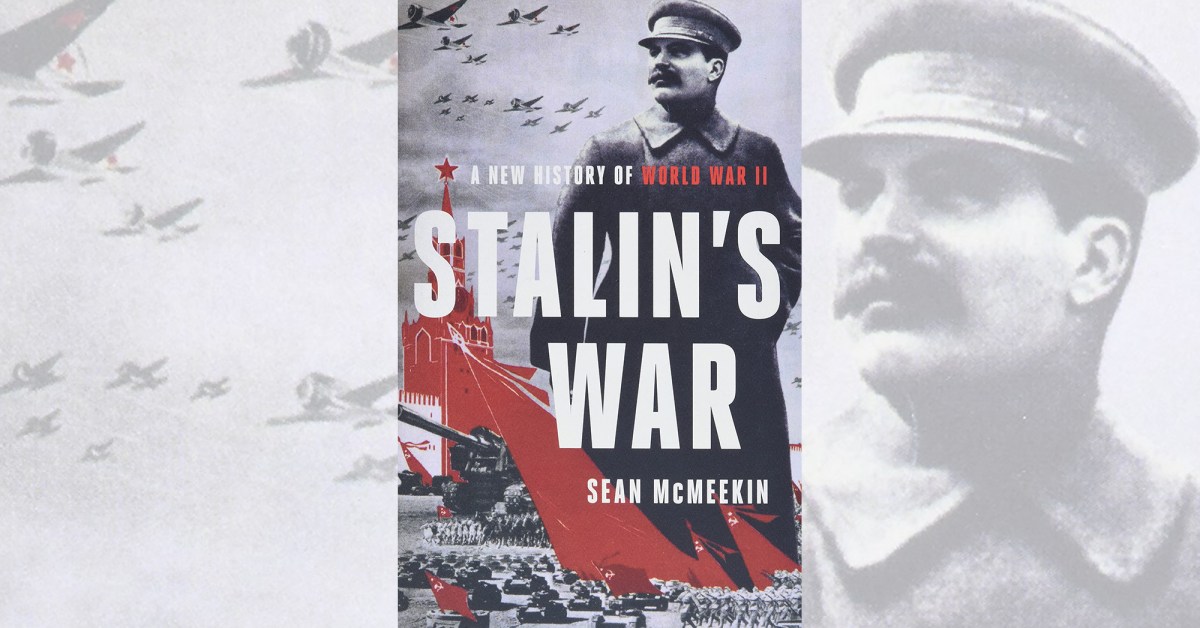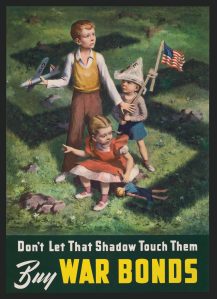Stalin’s War: A New History of World War II, by Sean McMeekin, Basic Books, New York, 2021, $40
Current histories seldom portray World War II as a battle wholly between good and evil, and Russian history specialist McMeekin rocks no boats by emphasizing that Joseph Stalin’s propensity for evil took no back seat to Adolf Hitler’s.
The author argues Stalin believed that science, as revealed through Karl Marx, doomed capitalist nations to revolution, and that the rise of Nazi Germany (a capitalist regime in Stalin’s mind) persuaded him this was about to happen. The Soviet leader, McMeekin writes, convinced himself that turning communist-hating Hitler’s attention elsewhere would produce a World War I–style stalemate, crippling all combatants and bringing on the revolution.
The 1939 Molotov–Ribbentrop Pact stunned the world and gave Hitler the war for which he yearned. Russia’s own best defense against an invasion by Germany was the several hundred miles of foreign land across which the Wehrmacht would have to trundle. By allowing Hitler to invade Poland, however, Stalin opened a long stretch of his nation’s border to German troops, enabling the June 1941 surprise attack.
McMeekin’s description of the largest land campaign in history is hardly unprecedented, but readers won’t complain. Nor will they be surprised at his emphasis on the horrors both armies inflicted and endured.
Stalin’s denunciation of Allied leaders for not immediately flinging their troops against the Wehrmacht was not unreasonable. Just as reasonable, our military—perhaps Britain’s more than that of the United States—refused to invade Europe until fully prepared, a process that took three years. Some historians fume at Stalin’s ingratitude at our massive aid, though it was designed to keep Russia fighting and not simple charity. He ignored Allied outrage as he annexed his army’s conquests, but this demonstrated no more intelligence than his prewar decisions. The Eastern European satellites, which proved unnecessary buffers against a resurgent Germany, were an expensive drain on Stalin’s clunky command economy.
Hitler and Nazism went down in flames, while Stalin died in bed. McMeekin will raise hackles by claiming the latter’s legacy not only flourished, but also has seen a resurgence. Democracy, the purported victor in 1945, caught on in the two defeated nations but otherwise made a poor showing, the author argues. The 21st century, he writes, is seeing its steady decline as nationalist autocrats take power around the world, not by force but through free elections, and similar movements are prospering elsewhere. China (Stalinism lite) proclaims its intention to become the world’s leading superpower in a few decades, and U.S. skepticism is not widely shared. While little nostalgia for communism exists in Russia, many, Vladimir Putin included, consider Stalin a heroic figure. Uncomfortably revisionist but thought-provoking.
—Mike Oppenheim
This post contains affiliate links. If you buy something through our site, we might earn a commission.





